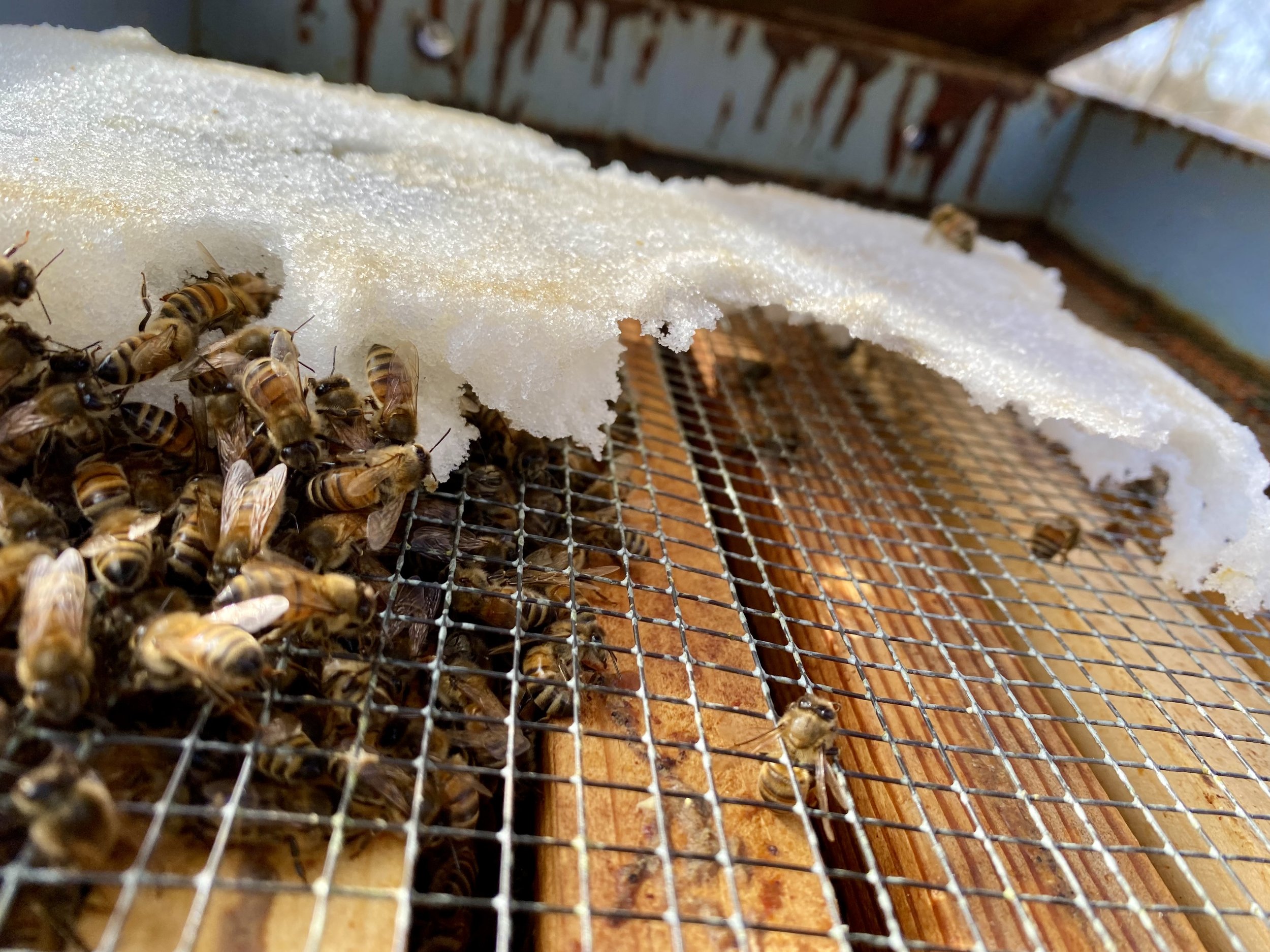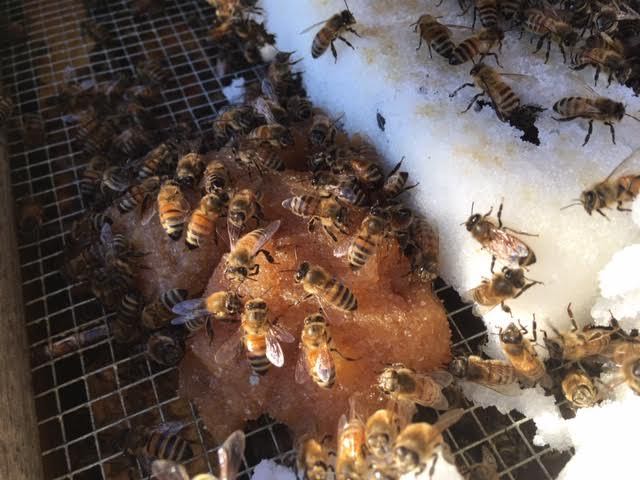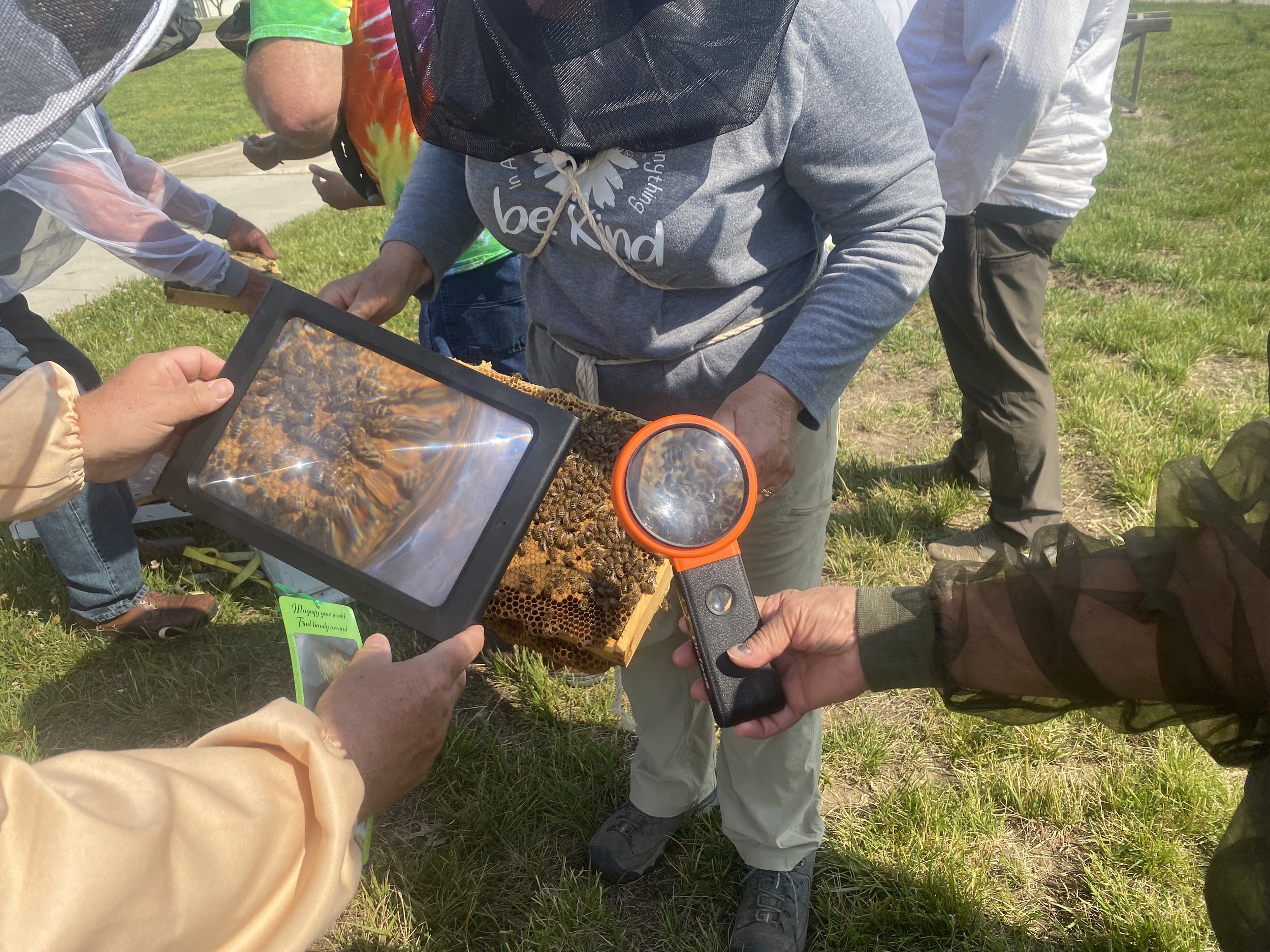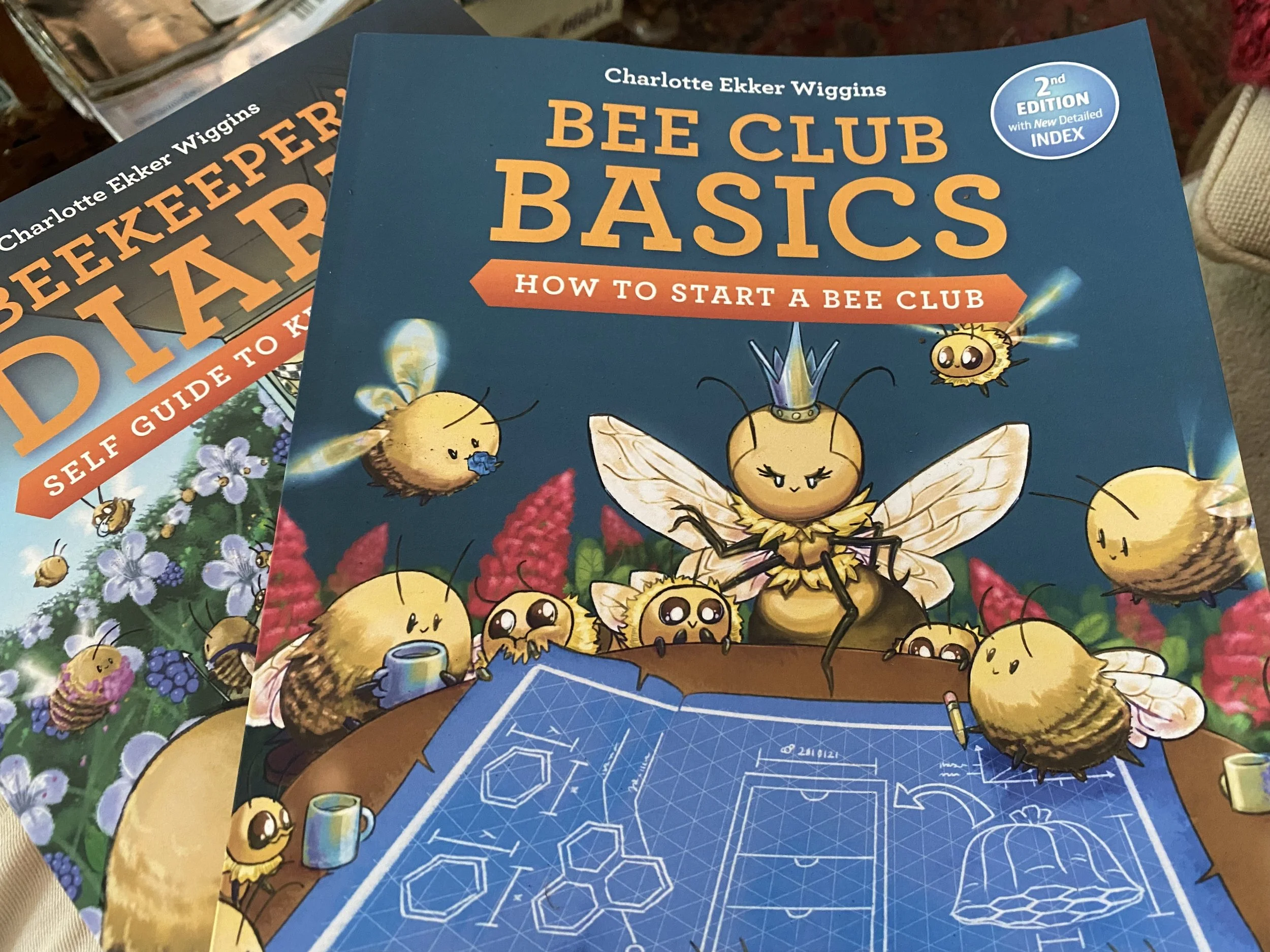March Beekeeping Chores
/Check under the supplemental sugar patties, bees will core them out. (Charlotte Ekker Wiggins photo)
March Beekeeping Chores
One of the biggest jobs beekeepers do in March is - well, get excited. Where I live in USDA Hardiness zone 6b, the weather is starting to warm up. It’s not a reliable progression, though. It can be 69F one day and a high of 17F the next, tough on plants and bees.
On the warm days, bees are busy visiting bird baths and scouting for food. Not busy enough, though, to qualify for full hive inspections so as beekeeper we have to wait for the right conditions; consistently warm temperatures preferable over 70F so we don’t chill the brood.
Some of the other things beekeepers can do in March:
Air out wax frames stored in plastic containers with Para-Moth crystals before they are placed in a hive.
Add sticks and rocks to “bee bar” birdbaths to make sure bees have easy access to water within a quarter mile of their home hives. Training your bees to find what they need close to home will reduce their tendency to look for water in your neighbor’s swimming pool.
Monitor colonies for supplemental food needs; feed as necessary.
Order extra queens if planning to split colonies later. When to split? When you start seeing drones so the new queens can breed.
If you want to catch swarms, register on swarm-catching lists.
And put on your roller skates because next month should be even busier!
For more gardening, beekeeping, cooking and easy home decor tips, subscribe to Garden Notes, my free weekly newsletter.













